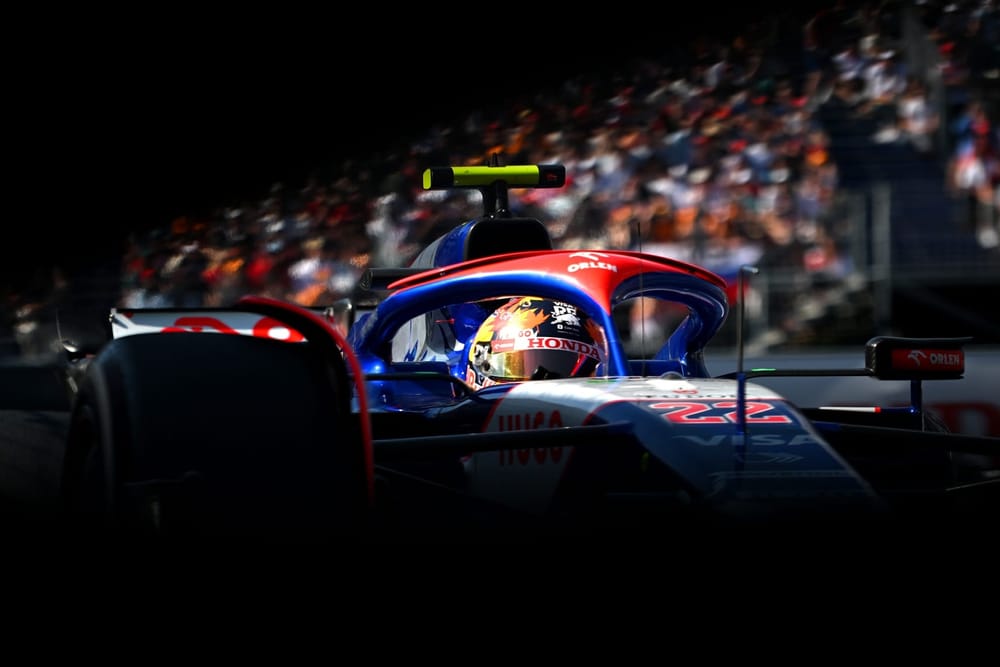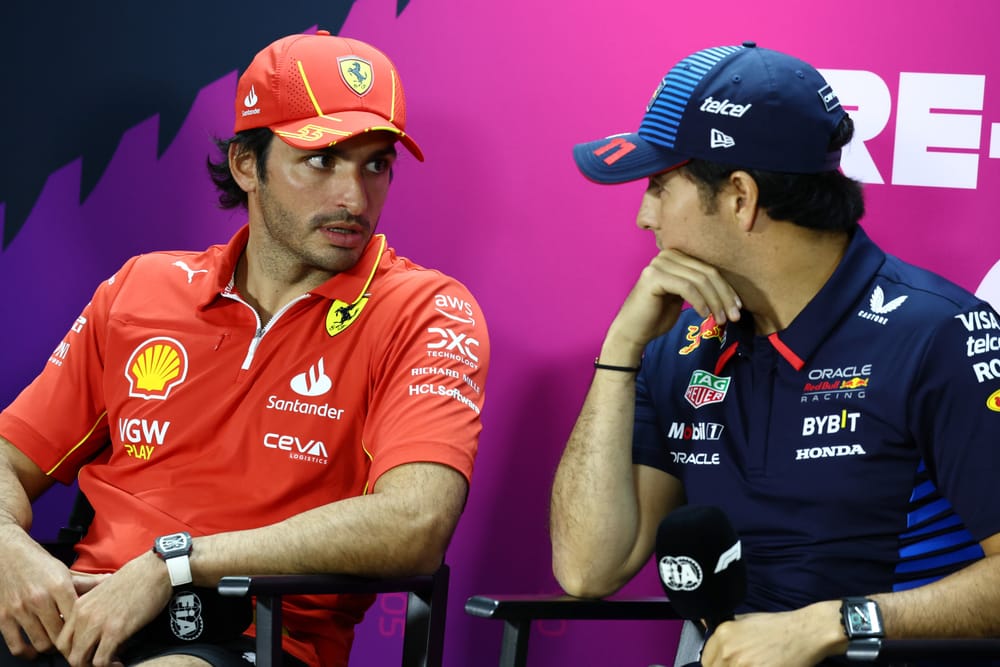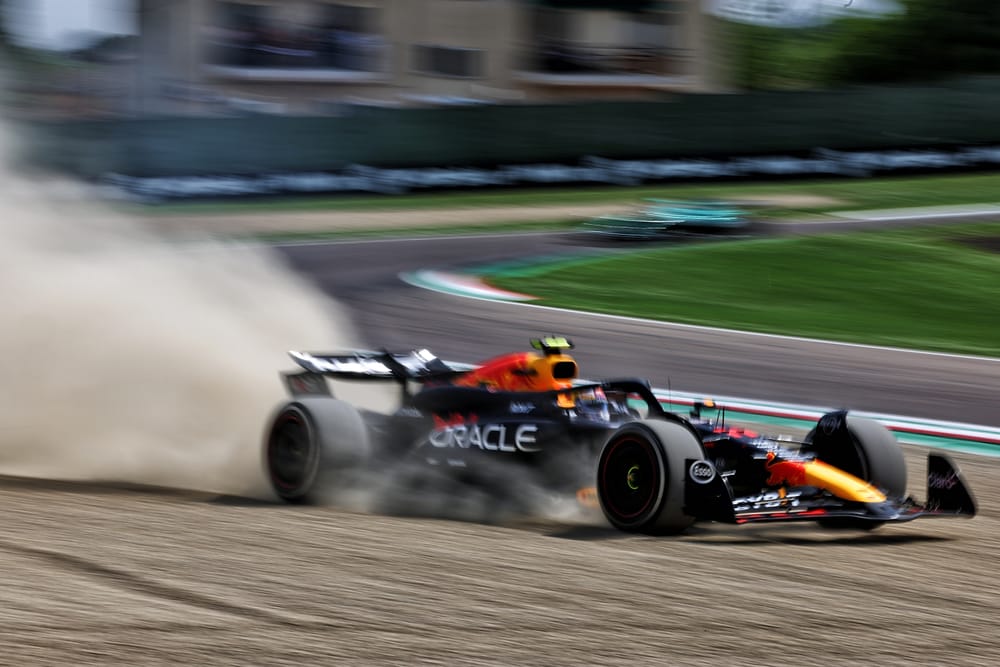

Red Bull's recent Formula 1 driver market decisions have come under major scrutiny - so has F1's reigning world champion team lost its way when it comes to the big calls?
Sergio Perez has been retained for a further two years even though his form has taken another worrying dip, while despite some impressive performances in the sister team, Yuki Tsunoda will remain at RB in 2025 and doesn't seem to have any hope of promotion.
Here are our team's thoughts on what Red Bull's doing with its line-ups:
Choices aren't based on racing logic
Mark Hughes
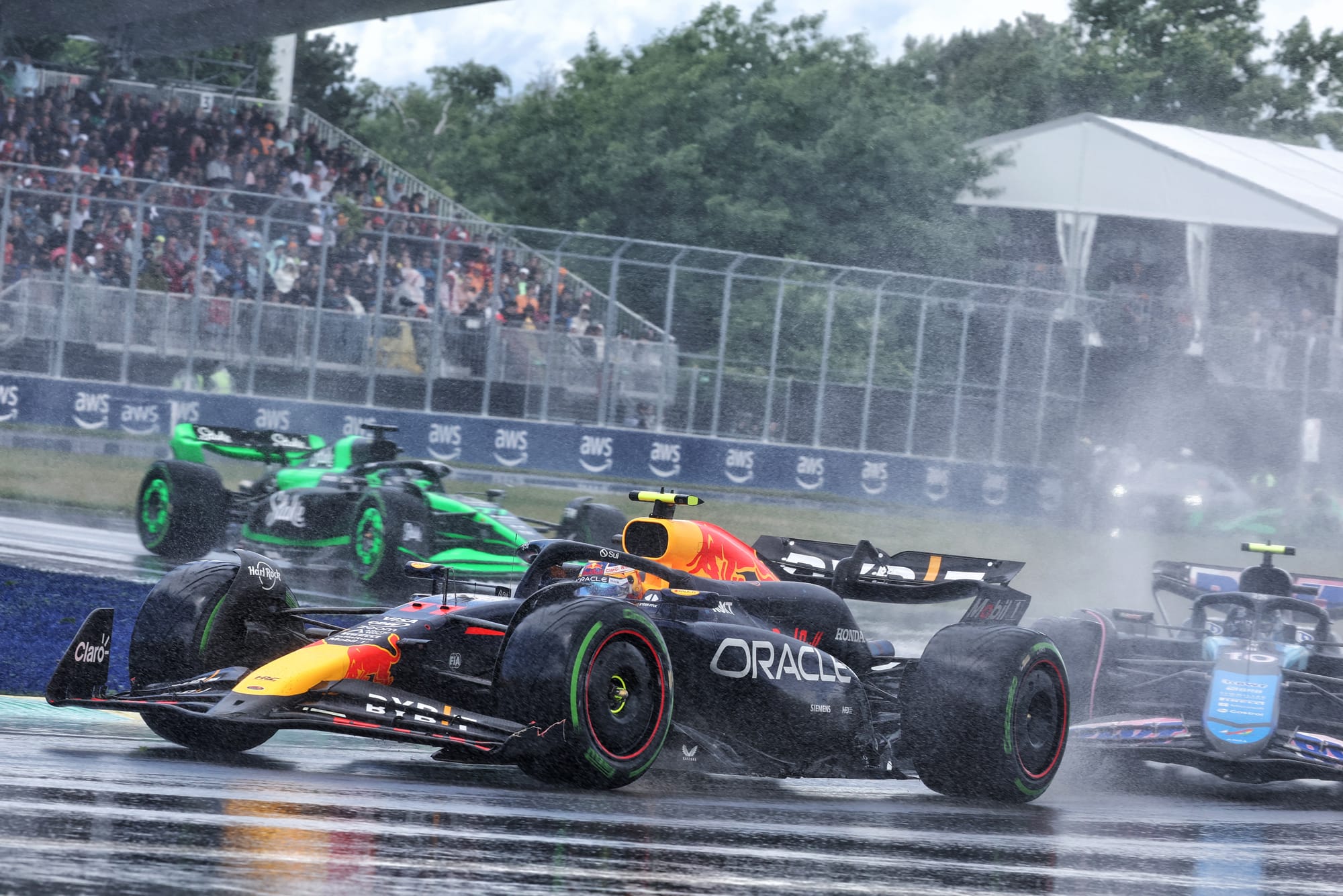
From the perspective of the sport as a whole, no Red Bull is absolutely not making the right driver choices.
Ideally we'd like to see a properly, relentlessly competitive driver such as Carlos Sainz in alongside Max Verstappen - or a promoted Tsunoda, given how well he's been going for the last year or so.
Daniel Ricciardo, despite the occasional bursts of brilliance, is still struggling to string it all together in the way he used to before he went to McLaren, and in any other team that would not be enough to hang onto the seat.
Plus Liam Lawson did everything that could have been asked of him in his stand-in role of last year so in this team which is supposedly there to bring on new talent, he should absolutely be in there already.
But Perez's signing in particular seems to have been made for reasons unrelated to his actual performance. It's a pattern now. For the last three seasons, he's started strong before suffering an alarming slump. No matter how brilliant his team-mate is, that is not the performance of a world-class driver. He is not that.
So there's a distinction to be made in considering the 'right' choices. But right for whom? We would need to know the particular internal circumstances at Red Bull in what has been a very volatile environment for some time to understand these choices.
But they are not based on racing logic.
Ruthlessness out, conservatism in
Glenn Freeman
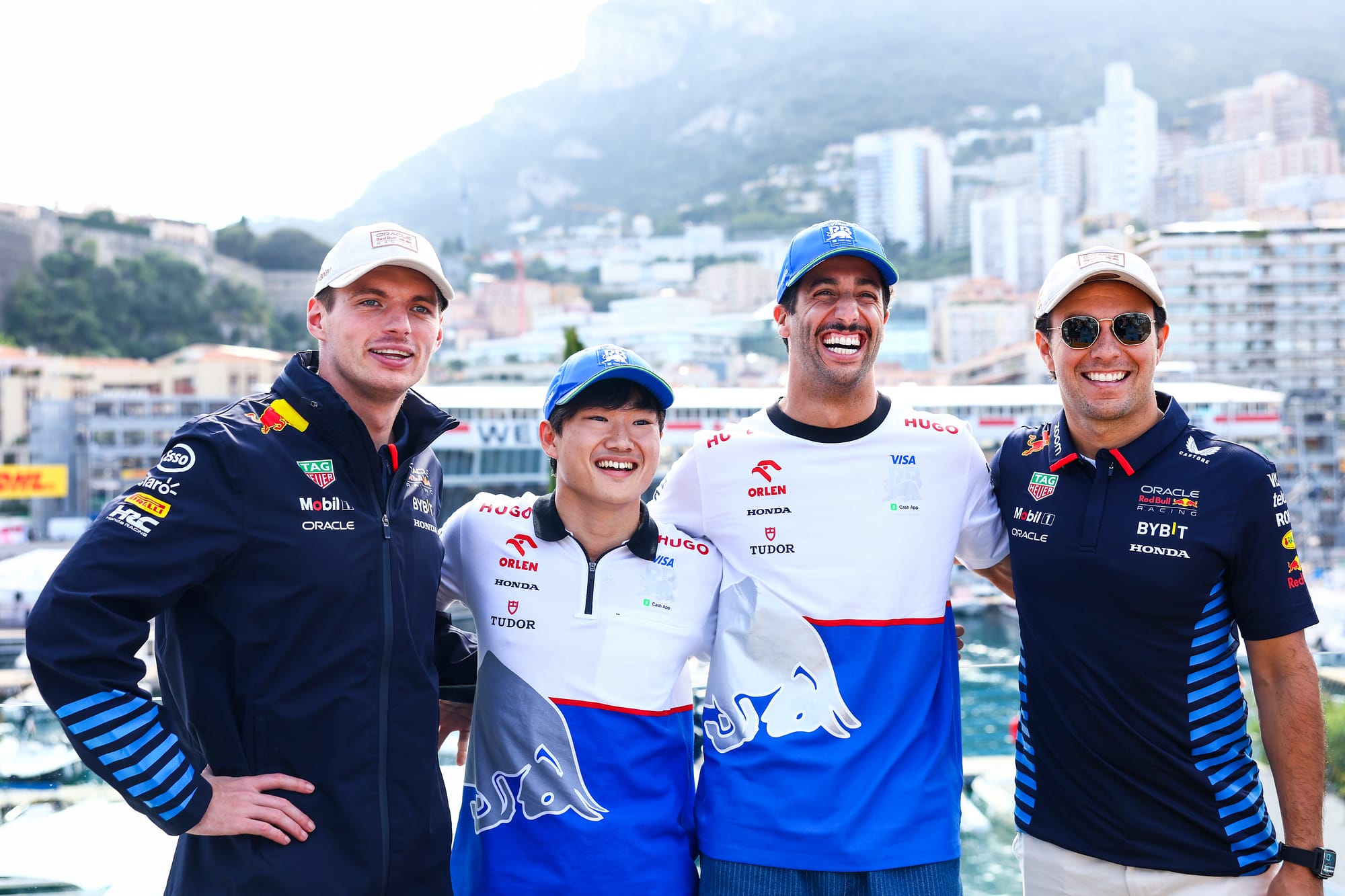
Are we in a new era of Red Bull conservatism in the driver market? In the last two decades we've got used to decisions often feeling too ruthless rather than too conservative.
Drivers would be thrust into F1 perhaps before they were ready, the successful ones at the junior team would then sometimes be rushed into Red Bull Racing, and some would be cast aside (from either team) before it felt like they'd really had a chance.
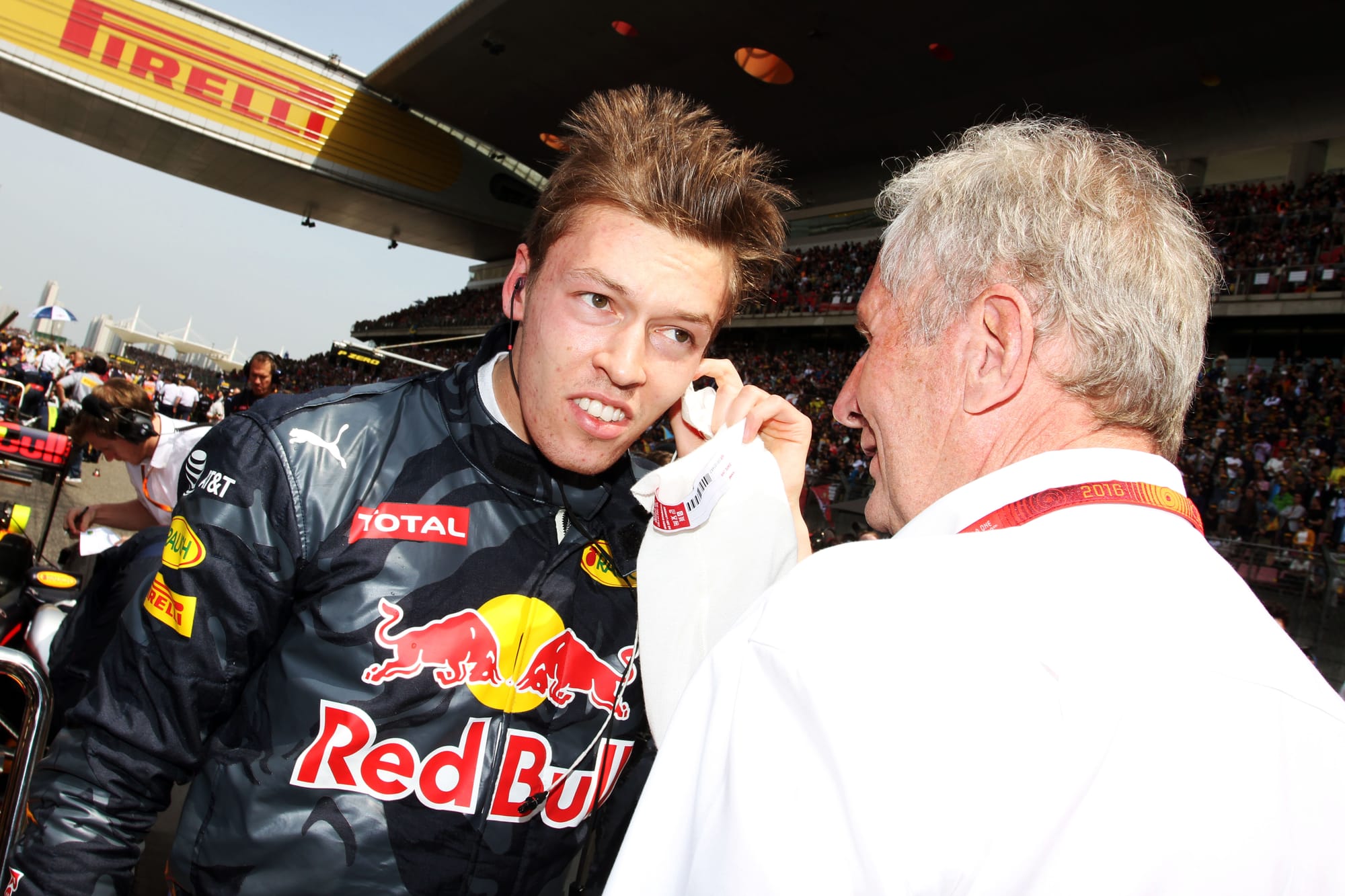
Now we're here debating why Perez keeps his drive after a pattern with too much underperformance, why Red Bull's not interested in promoting Tsunoda, and if Ricciardo still deserves to be in F1, especially at the expense of Lawson on the sidelines. It doesn't feel very Red Bull, does it?
Maybe that conservatism is driven by the fact that at the very top of the tree, Verstappen is ticking all the boxes. And as long as the top dog keeps delivering, the other pieces of the puzzle don't require the same radical approach we've seen in the past.
That's all well and good, but it doesn't scream 'succession planning'. In the past it's always felt like Red Bull wanted to keep everyone on their toes and keep shuffling its deck to speed up the process of finding the next big thing. Maybe Verstappen's long-term contract has taken away some of that motivation.
Verstappen/Perez signings can still be the template
Matt Beer
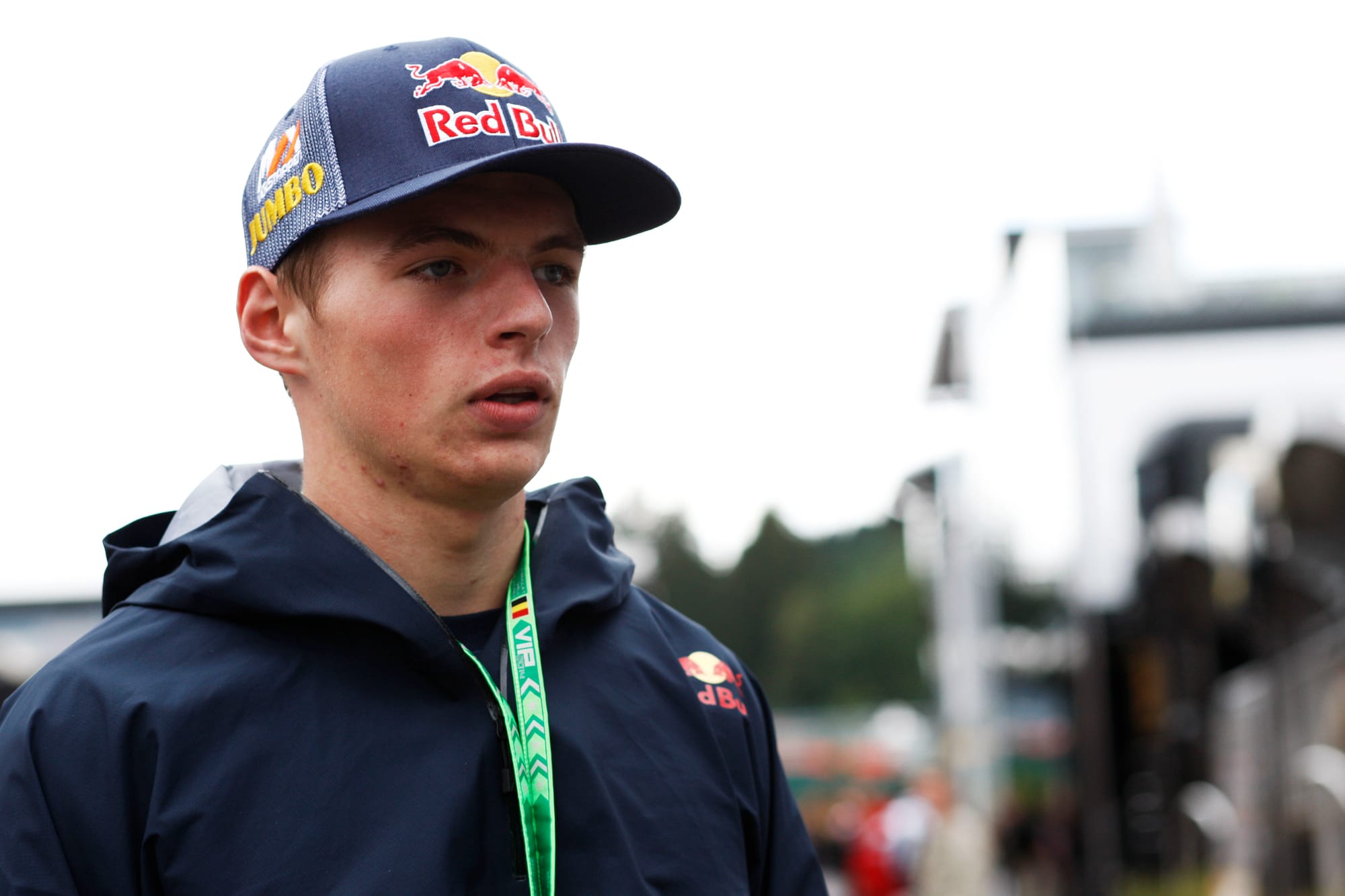
While Red Bull has that reputation for working within its own (generally ample) driver pool that begins with the junior scheme, it's worth remembering that it looked beyond its doorstep for both current Red Bull Racing drivers - and rightly so at the time.
Verstappen was a Red Bull junior for about eight seconds before getting in one of its F1 cars, he was grabbed and accelerated past a horde of existing proteges because it was the right thing for the F1 project long-term to get him in.
Perez was on the brink of becoming a jobless F1 race-winner and was far too good to leave on the sidelines when none of Red Bull's existing drivers was a safe bet for playing the quality of wingman role Verstappen would need in a title fight (and in 2021 that's exactly what Perez was).
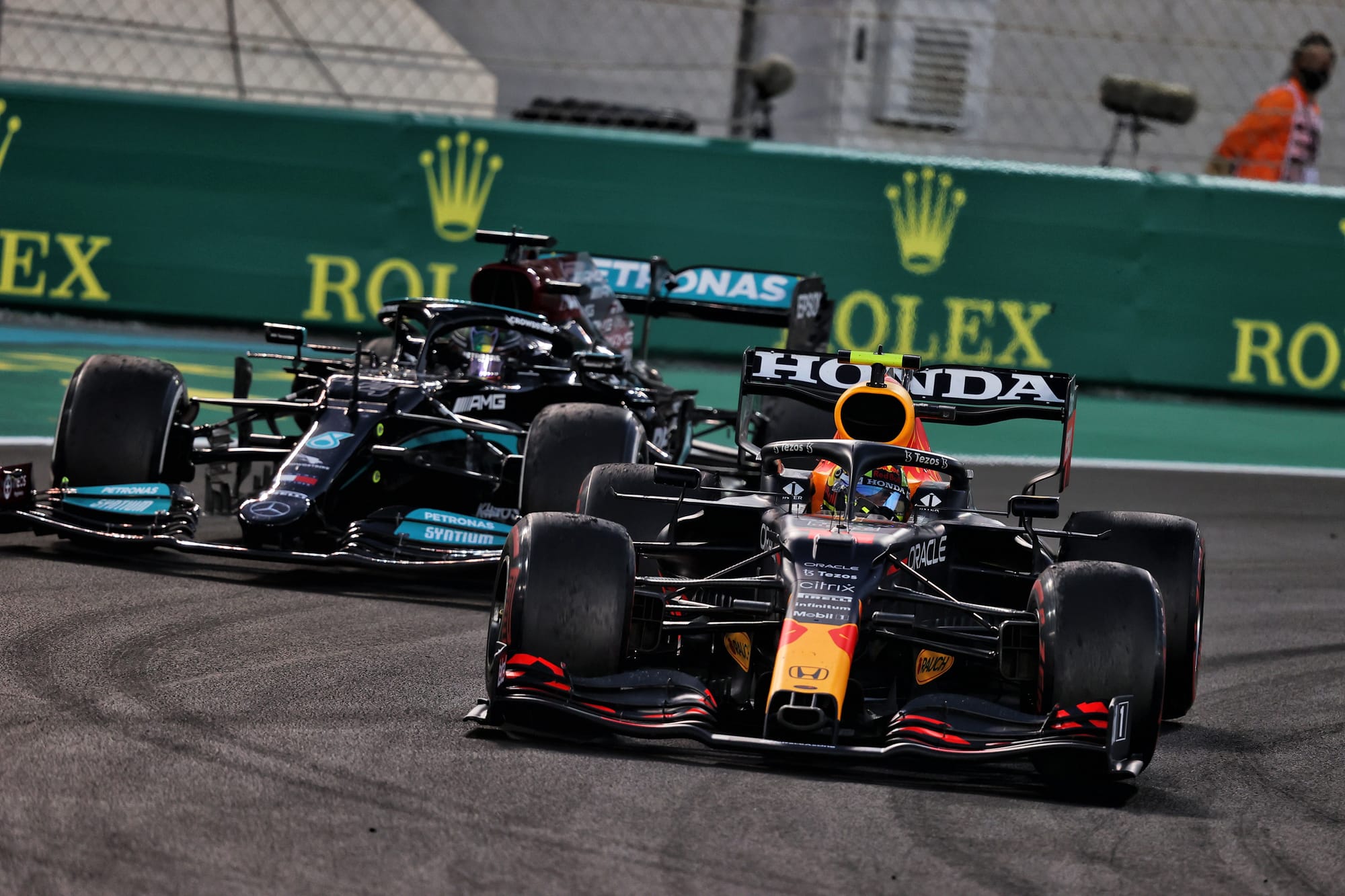
Four years on, there's enough evidence that Perez isn't the ideal long-term option for that seat now, it's Mercedes and Ferrari who have the two most exciting young drivers outside F1 on their books, and the leading jobless F1 race-winner on the market is having to pick between two backmarker teams rather than getting an invitation back into the Red Bull fold. All while Red Bull gives the impression and not wanting to go outside its current pool.
I realise it's not as simple as 'just go and sign the best drivers from wherever'. But actually when you're dominating F1 for three years maybe it could and should be?
Red Bull risks sleepwalking into disaster
Scott Mitchell-Malm
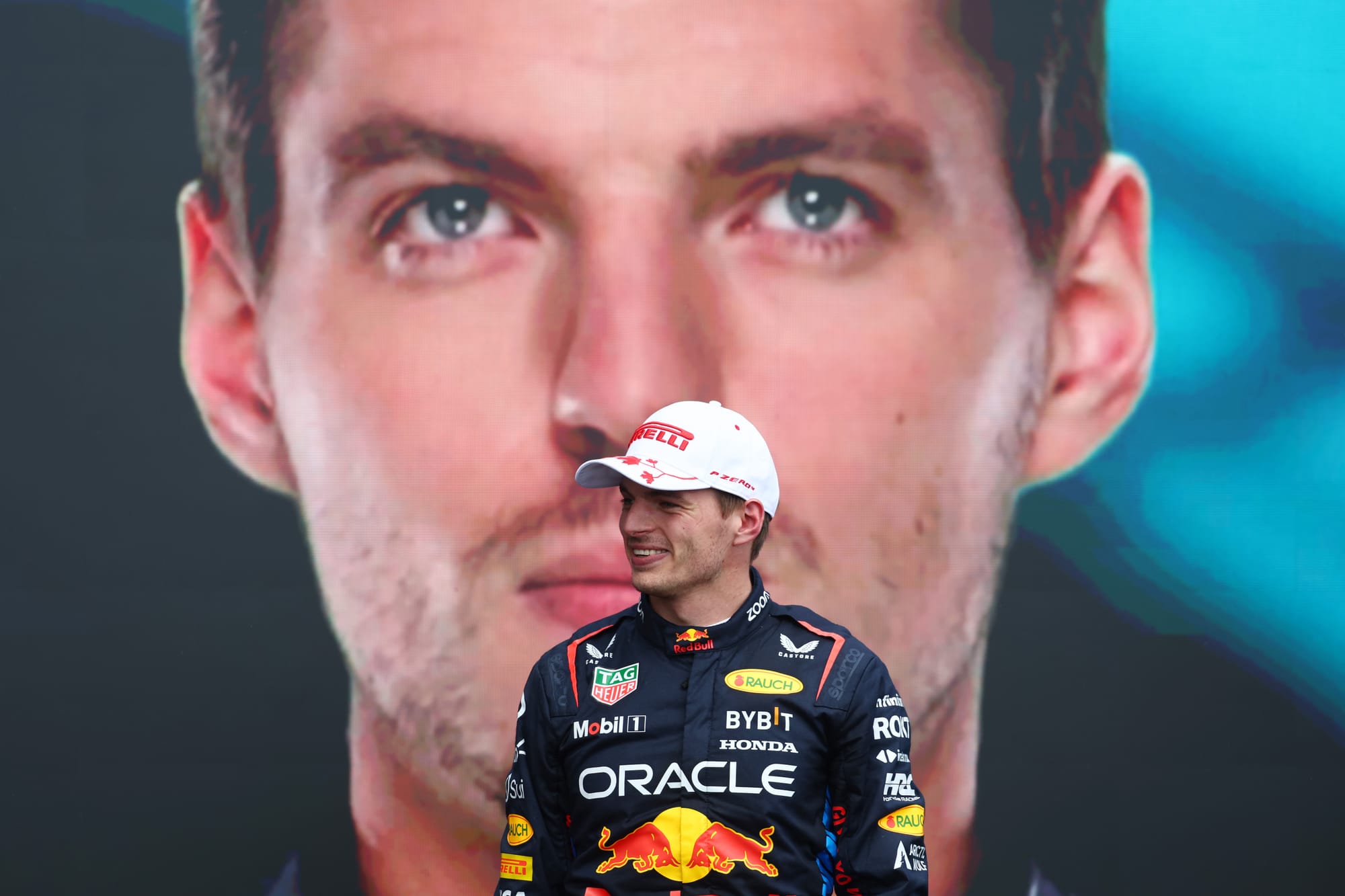
Red Bull might be sleepwalking into a driver crisis. And this is not a Perez swipe - much as his one-plus-one contract felt premature, and he proved exactly why at the Canadian Grand Prix.
There's an unconvincing driver in the second car (Perez), a high-performing young driver who Red Bull actively does not want to promote in the second team (Tsunoda), and a high-value but frustratingly inconsistent former great (Ricciardo) alongside him.
Verstappen is sticking around for 2025 but beyond that, who knows?
This Red Bull line-up, as a whole, is a short-term combination at best and the decisions of what to do with those drivers don't seem to have much performance-orientated logic to them. It's hard to see, even with Verstappen and definitely without him, a compelling direction for the immediate future.
In terms of injecting new blood, Lawson sits as a reserve, waiting for a chance, as a good but not stunning young driver. Formula 2 championship contender Isack Hadjar looks to have greater potential. But the Red Bull young driver programme has been largely ineffective - in terms of producing F1 drivers for the organisation - for almost a decade now.
Perhaps that problem is now coming home to roost. Recent decisions suggest Red Bull is merely kicking the can down the road, but it will have to confront this sooner or later. And it may lose out significantly in the meantime.
Thin line between pragmatism and carelessness
Edd Straw
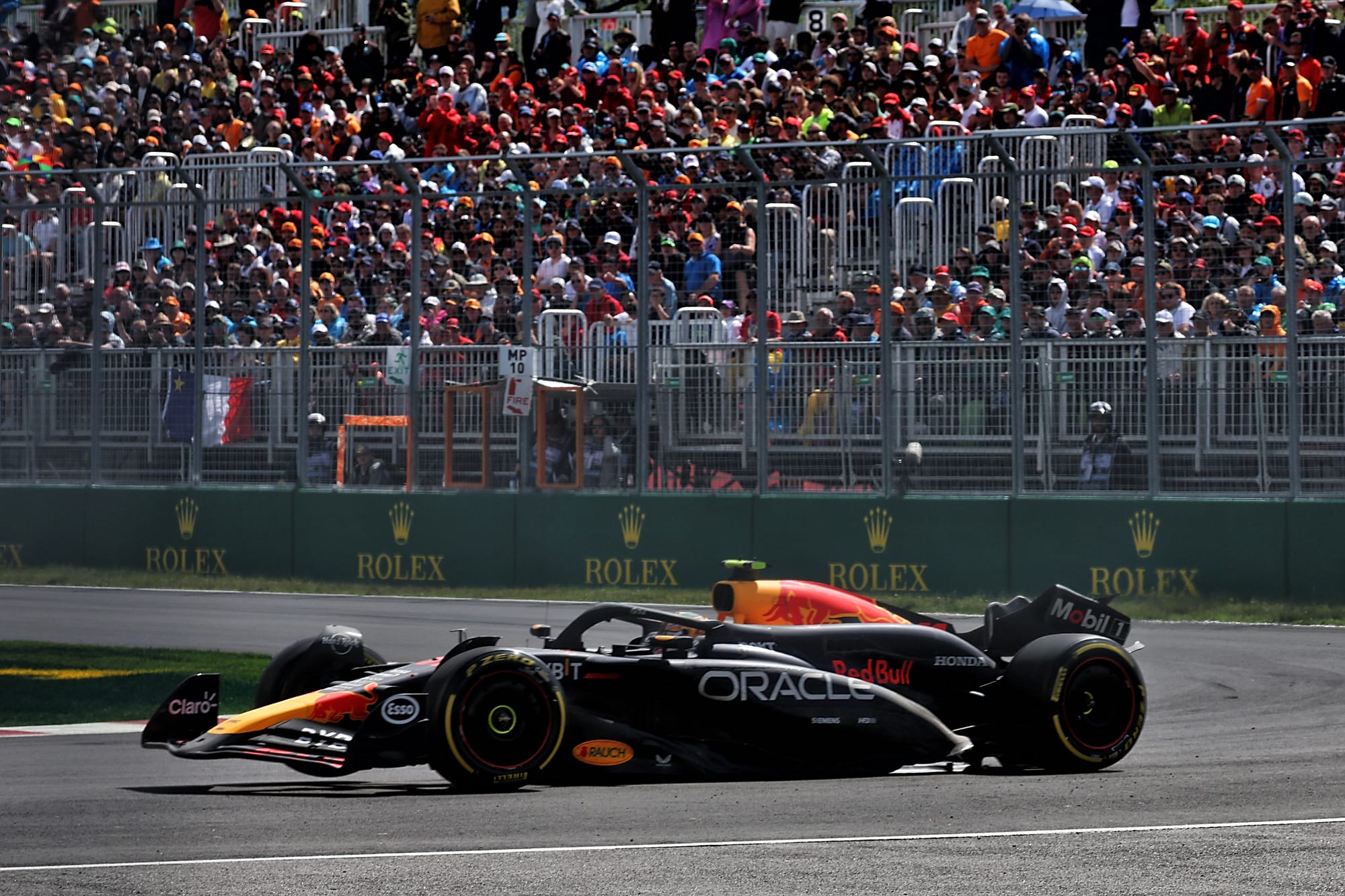
Amid all the controversy that's engulfed Red Bull this year, you can understand the desire for consistency and stability where possible. However, the approach taken to drivers of late appears completely at odds with the mentality of a pure-bred racing team. And that's been a cornerstone of Red Bull's success.
During the Chinese Grand Prix weekend, team principal Christian Horner referenced one of the key factors in re-signing Perez was that "we just want to make sure that the level of consistency that Checo has started with this season maintains". So to give him a new deal off the back of his two worst weekends of the season and ahead of a Canadian Grand Prix weekend that was a new 2024 low-water mark is curious.
The fact is, Red Bull has struggled with its driver strategy for a long time. Ricciardo's departure led to endless difficulties finding the right team-mate for Verstappen, while the puzzling lack of strategy when it comes to junior drivers and choices for its second team has, if anything, got worse than it once was. No team is better placed to have a well-structured 'next cab off the rank' approach to this, yet that seems to have been squandered.
You can make the case that the overall gain of relative tranquillity in Red Bull Racing is worth keeping Perez, a very good grand prix driver but one who has not proved able to hit the level relative to Verstappen required. But F1 is a performance game and that does weaken the output compared to, say, a Verstappen/Sainz combination that could be more fractious but would score more points.
As for RB, keeping Tsunoda is perfectly logical given his strong season to date and his improved consistency means he should remain in mind as a potential Red Bull Racing option for 2026. Ricciardo is a tougher question as he needs to repeat his Canada form consistently to justify a longer-term place in the second team and seems further away from 'A-team' consideration than ever.
Red Bull's driver approach could cost it a constructors' championship and potentially even the drivers' title in a close fight in 2025. And for an organisation that leaves nothing to chance, that seems careless.
F1 IS MISSING TORO ROSSO'S X-FACTOR
Valentin Khorounzhiy
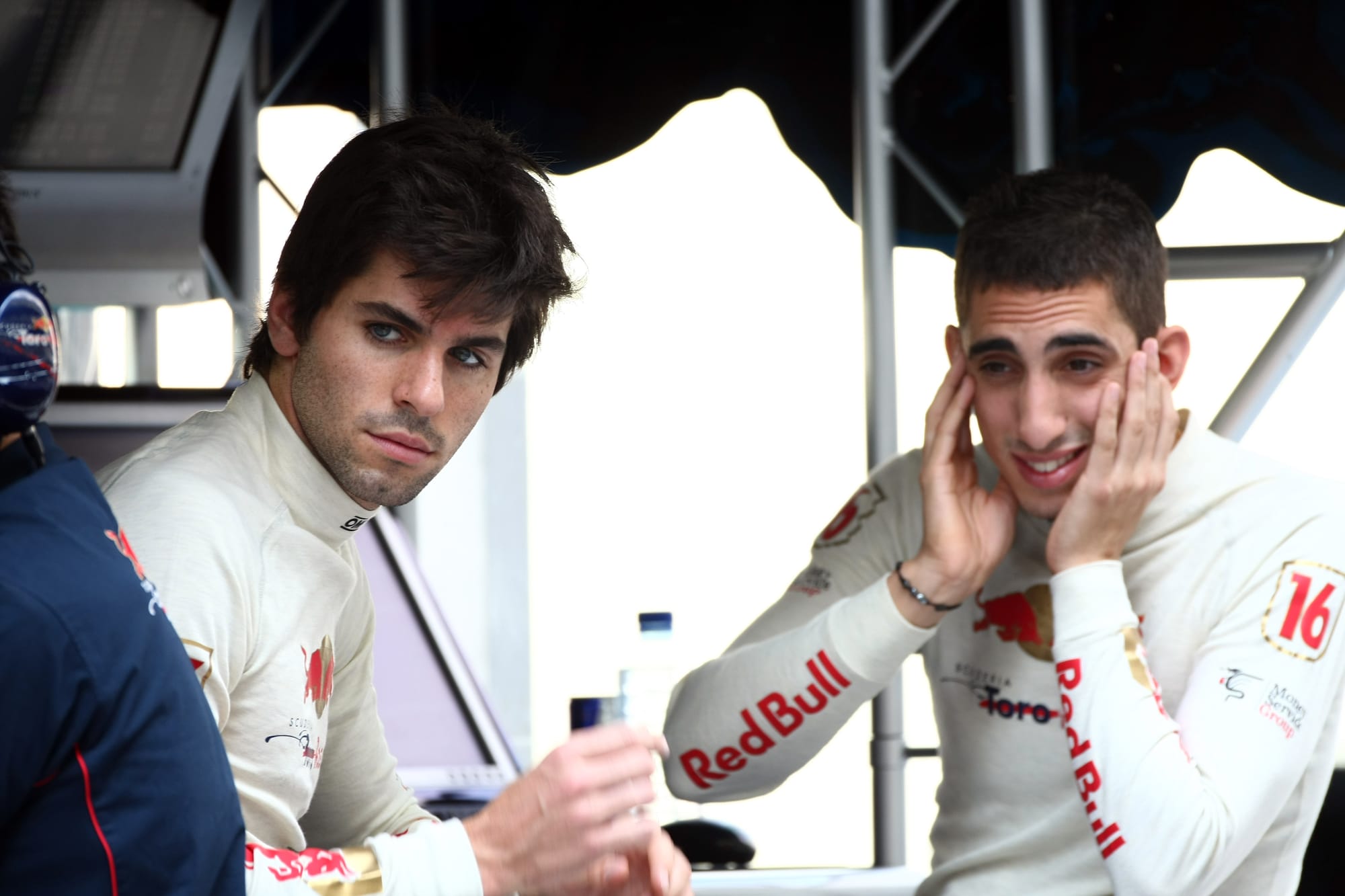
Though the Perez extension at the senior team is difficult to justify, Red Bull's approach to its second outfit feels largely in line with what it had promised when the team first swapped its Toro Rosso name for its now-equally-obsolete AlphaTauri identity.
The idea was that a redressing of the balance, to help the Faenza outfit act as more of a standalone in driver terms - so for it to be afforded more continuity with drivers who are performing instead of just having those drivers taken on by Red Bull Racing or shipped off somewhere else.
Tsunoda's new deal makes sense in that context. I don't know that he's really taken a Red Bull seat-sized step in his F1 career, and clearly Red Bull doesn't believe so - but its designs for him are now pretty obviously about propping up its second team. Which is maybe fine.
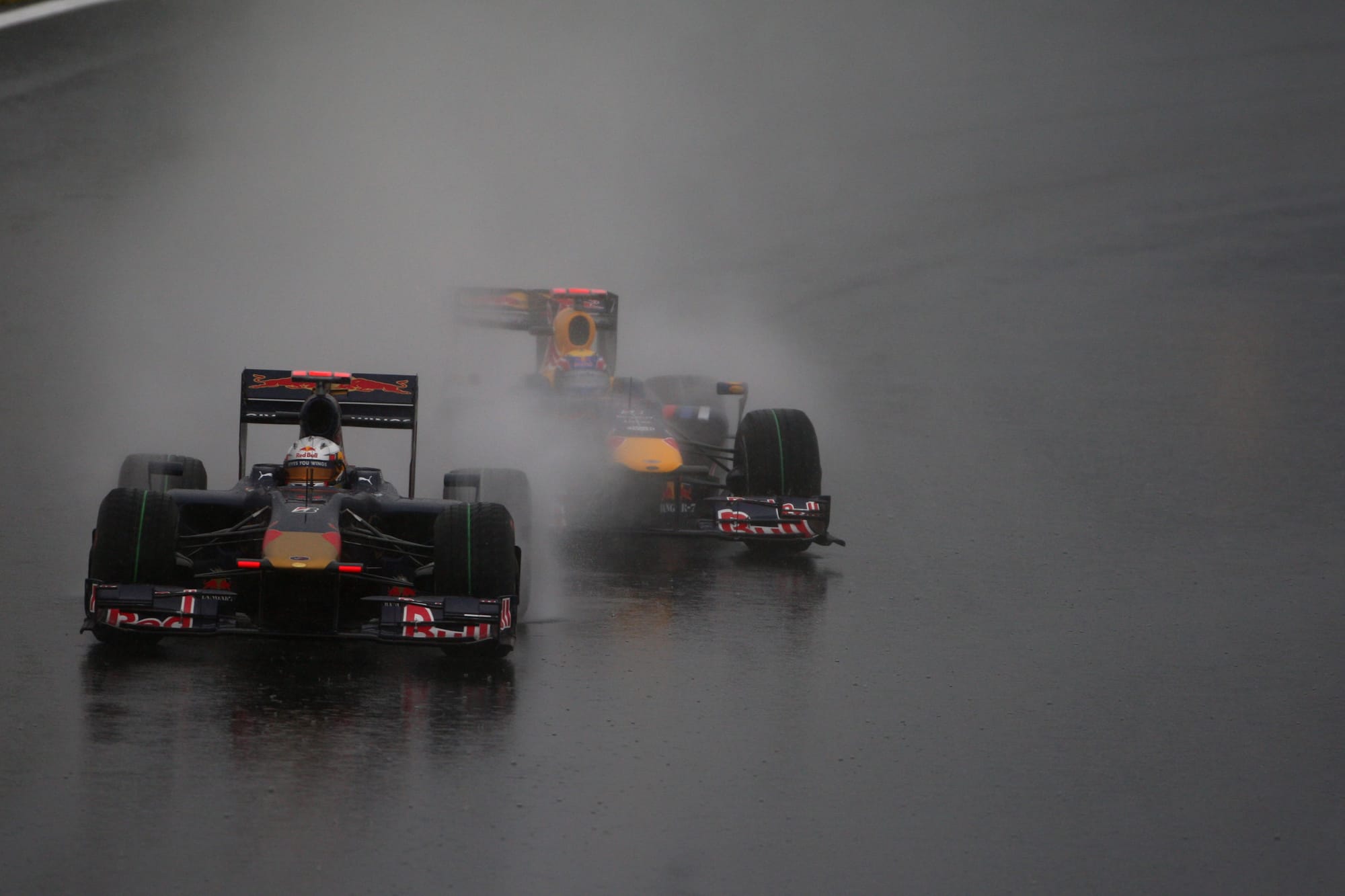
But a second Red Bull team that doesn't fully revolve around the possibility of a main-team promotion is just a lesser proposition for F1 in a narrative sense. The stakes that generated between the likes of Sebastien Buemi and Jaime Alguersuari, Ricciardo and Jean-Eric Vergne, Verstappen and Sainz are a thing of the past - 'get promoted or get discarded' no longer hangs over every driver.
It means that moves like replacing Ricciardo with Lawson or even having Hadjar leapfrog them both, which would've been 'classic Red Bull' in the past, are no longer a must, not when you're balancing their prospective upside against maximising RB as a team in the present.
And that might be healthier, also from a driver-nurturing perspective. But it also robs the team of its unique selling point.
What is RB without that ruthless Red Bull driver policy, after all, but a run-of-the-mill midfield team whose dreams and ambitions are hard-capped by its status as its owner's second F1 priority?
